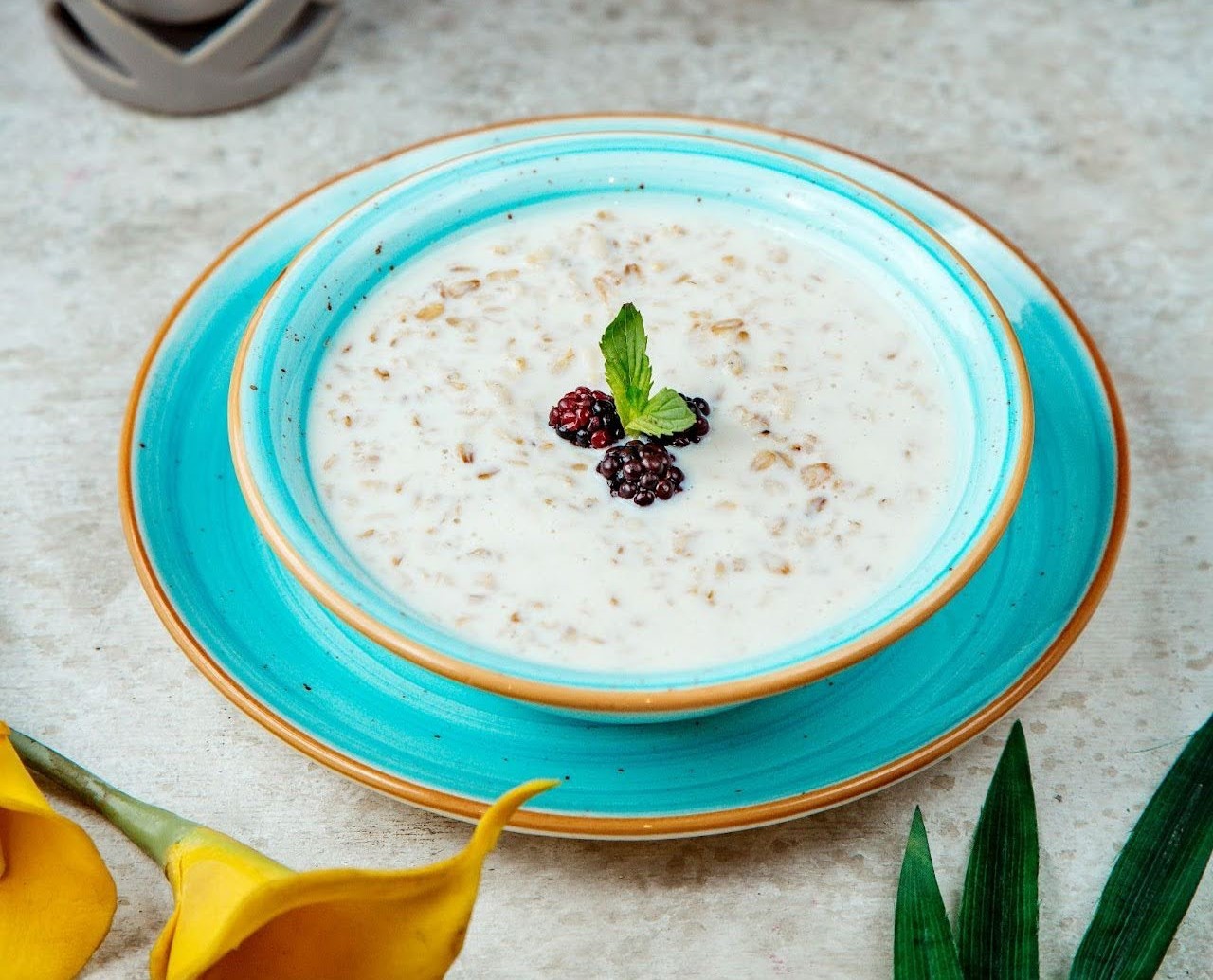

Published on Dec 15th, 2023

In the dynamic field of nutrition and wellness, where trends and superfoods are constantly vying for attention, a standout element in the quest for optimum health has been identified: tapioca starch.
Tapioca starch is derived from the roots of the cassava plant and is a versatile food ingredient, but it may also be a helpful ally on the delicious path to nourishing your gut. The attention paid to tapioca starch is merited as more health-conscious people look for natural ways to improve their well-being. Its adaptability happens outside the kitchen, where it promises to promote intestinal health and delicious culinary experiences. Allow us to dissect this modest yet potent component and see how it has captivated the interest of individuals searching for a healthy gut.
Entering the core of this fascinating component, tapioca starch—also often called tapioca flour—is a refined, powdery material that originates from the robust roots of the cassava plant. Resilient tropical root vegetable cassava has been a mainstay of meals worldwide for ages, making its way into the cuisines of many different nations. However, tapioca starch production is a systematic process that starts with carefully extracting the cassava roots; it is not something that just happens.
This powdered material has many potential advantages hidden beneath its humble appearance. In addition to being regarded as a culinary magician, tapioca starch is also highly valued for its diverse nutrients.
It's crucial to comprehend the importance of gut health before exploring the relationship between tapioca starch and gut health. The digestive system, sometimes known as the "gut," is essential to immunological response, nutritional absorption, and digestion. Trillions of bacteria make up the gut microbiome, which is in balance and flourishes. These microbes are linked to several health advantages, such as better immune system support, better digestion, and increased nutrient absorption. Several exact processes are involved in converting cassava roots into tapioca starch. The roots are carefully cleaned to remove contaminants, then carefully peeled to reveal the hidden starchy treasure. Grinding is a critical step that turns these roots into a pulp and releases the cassava essence. The extracted pulp is carefully dried until it becomes the fine, snow-white powder we see on our kitchen shelves.

In addition, the intestines guard the immune system. Being able to distinguish between friend and foe among the multitude of substances that are encountered daily is made possible by a strong and resilient gut flora. In addition to protecting the body from dangerous intruders, this immunological vigilance is essential for controlling inflammation and promoting healthy immune system function.
Tapioca starch stands out when supporting gut health because of its highly resistant starch composition. This distinct quality makes tapioca starch stand out as a possible ally in helping a healthy intestinal ecology.
Resistant starch gets its name from its ability to withstand the small intestine's normal digesting process. In contrast to other starches that undergo early breakdown through the action of enzymes, resistant starch remains intact and makes it all the way to the colon in the early stages of digestion. It acts as a prebiotic in the colon, feeding good gut flora. This encourages these good bacteria to increase and become more active, leading to a more diversified and healthy gut microbiome.
The primary factor contributing to tapioca starch's prebiotic properties is its abundance of chemicals, which serve as a feast for the billions of microbes living in our digestive tracts. Prebiotics are similar to the rich soil that supports a flourishing, beneficial bacterial garden. Because tapioca starch is a rich source of these chemicals, it acts as a fertile soil for developing a healthy, balanced gut flora.This primordial interaction has effects that go well beyond microbial survival.
Tapioca starch functions as a catalyst for better digestion, coordinating the symphony of acids and enzymes involved in food breakdown like a master conductor. One more benefit of the complex function between prebiotics and beneficial bacteria is the potential for decreased inflammation, which is essential for overall health. With the gut microbiome thriving, the immune system is strengthened by this army of microorganisms and prepared to repel intruders and watch for any threats.
Including tapioca starch in your cooking is not only a delicious but also a healthful decision. Use tapioca starch as a thickening ingredient to give your meal a smooth and glossy texture. When baking, combine tapioca starch with other flours to create light and delicious delights that satisfy your dietary requirements without sacrificing flavor.
Explore the delicious world of bubble tea and pastries, where tapioca pearls offer a fantastic twist. Accept tapioca starch's flexibility; it's good for your body and a delicious delight for your palate.
Gut health is critical to sustaining optimal health. Because of its resistant starch concentration and prebiotic qualities, tapioca starch emerges as a potential supplement that helps a healthy gut microbiota. Tapioca starch offers a tasty and easily digested alternative for those wishing to follow an organic ingredient diet and gluten-free diet, experiment with paleo choices, or simply expand their culinary horizons. Accept tapioca starch's culinary variety and embark on a voyage to nourish your digestion scrumptiously.
BackBe the first to know about new products, events and offers.